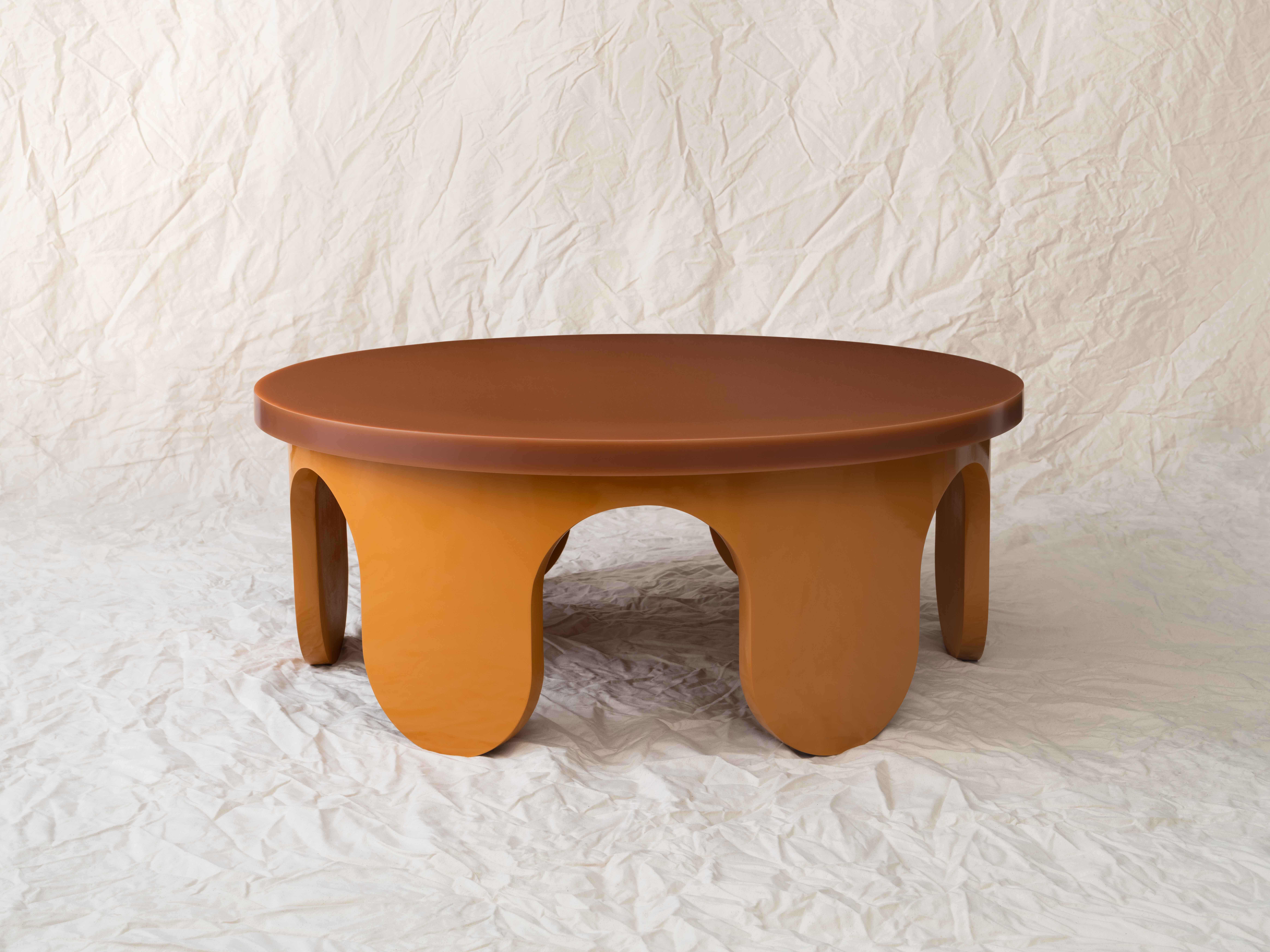|
Joseph Grima has curated a series of micro exhibitions contemplating domesticity in the digital age, continuing the Belgian design event’s shift in emphasis from commerce to culture Last Wednesday, curator Joseph Grima announced his plans for the cultural programme at Belgian design event Biennale Interieur (17-26 October, Kortrijk). Since Lowie Vermeersch’s direction of the biannual trade fair, the event has seen an ambitious shift from purely commercial to more cultural aims. While it’s not clear yet how comfortably the culture will sit alongside the commerce, Grima’s involvement is a clear effort to bring an intellectual edge to the show’s offering. Titled “The Home Does Not Exist”, the programme is a series of micro exhibitions that provoke thought about domesticity in the digital age. The networked home, the sharing of domestic imagery through Twitter and Pinterest and the emergence of a sharing economy through Airbnb will all be speculated upon as indications of the changing relationship between us and our homes. Other aspects of the biennale have already begun, with Minale Maeda’s Keystones Table having been chosen as the winner of the grand prize in the Interieur Awards’ “Objects” category. The table is made of parts connected by a single 3D-printed component, making the design easy to dismantle and transport. Other notable winners include Tsuyoshi Hayashi’s Kawara Bench, made from discarded roof tiles, and the Phytophiler planting series by Gianluca Giabardo. Also part of October’s show is an installation by London-based Studio Glithero for Kortrijk’s soon-to-be-closed Broel Museum. Based on the Victorian illusion Pepper’s Ghost, the work is a response to the removal of the museum’s historic artefacts. |
Words Riya Patel |
|
|



















